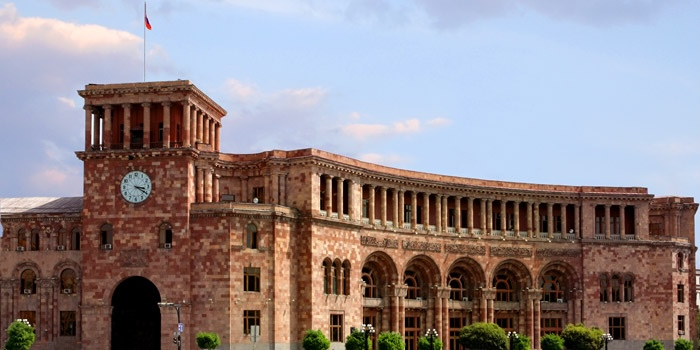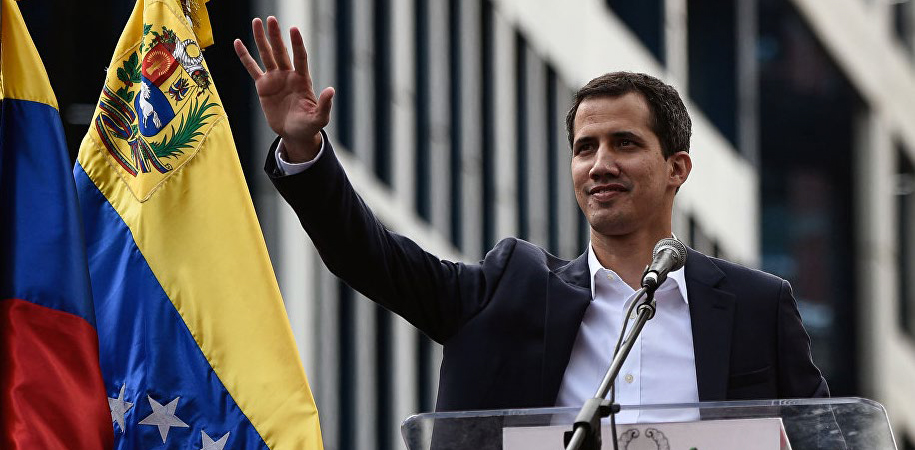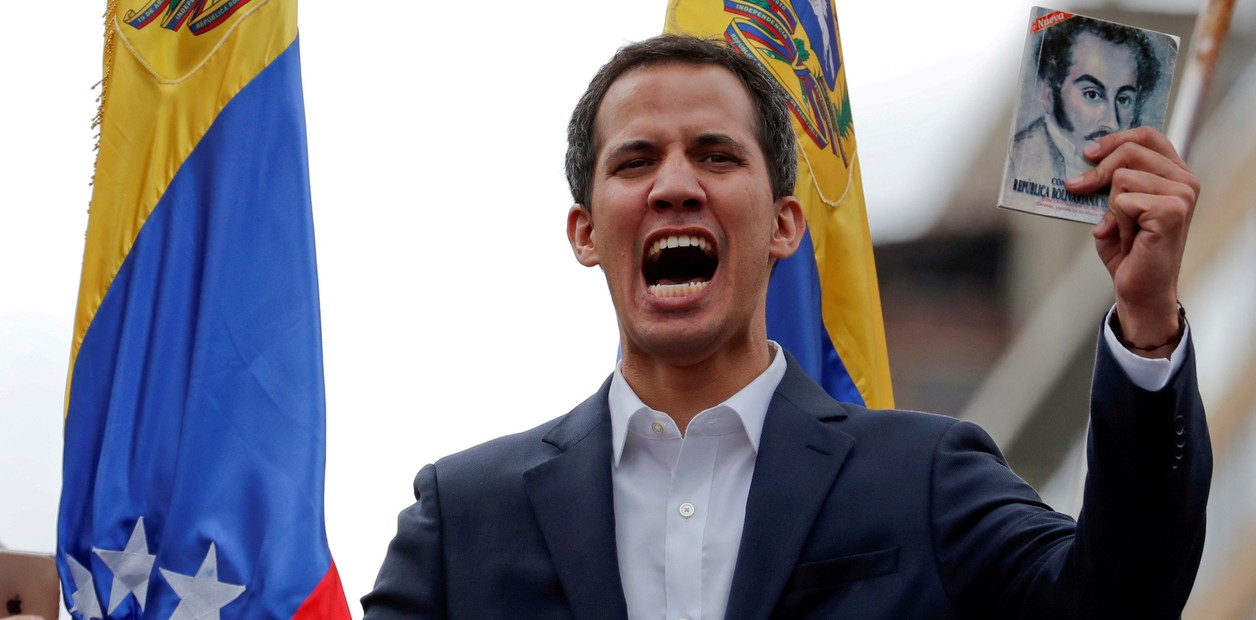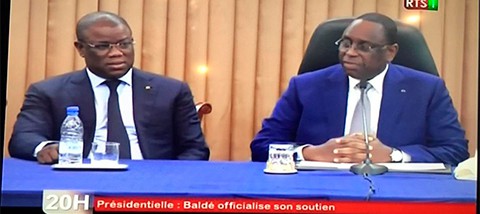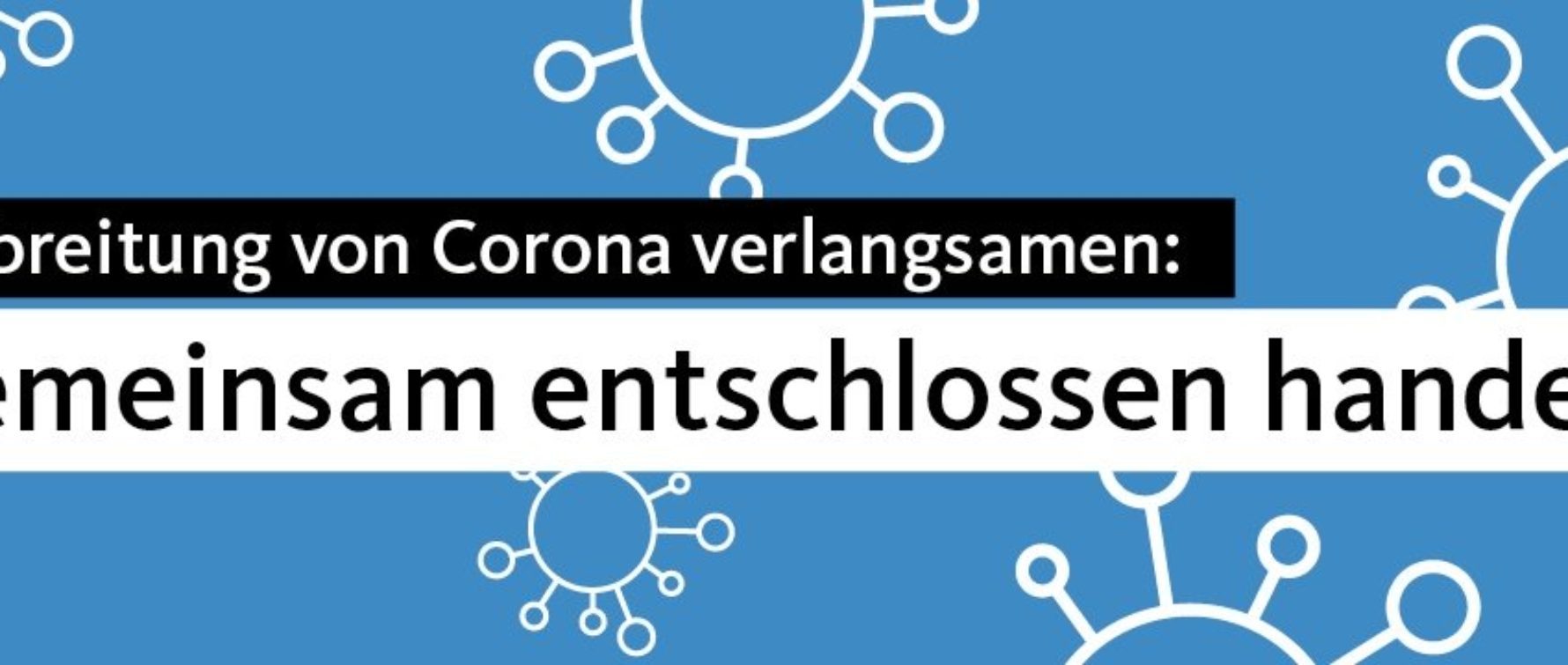The new coronavirus outbreak has paralyzed societies and economies. Necessary lockdown measures are permissible for the short term, but in some cases, they threaten to negatively impact on multiple dimensions of democracy.
The coronavirus crisis vividly represents the failure of populist forces in the face of actual threats. The pandemic is a real test to show populists’ inability to implement crisis management strategies. Armenia is not an exception. Just the opposite, it is a bright example of how incompetent the populists are when it comes to finding effective solutions to existent
problems.
As of April 6, Armenia has reported 833 cases of coronavirus and 8 deaths being the hardest-hit country in the region. The first case of infection has been registered in the country on March 1. However, the Armenian government did not take the situation seriously. The Prime Minister was in the streets of different regions with the members of the ruling party campaigning for the Constitutional Referendum that was scheduled for April 5. They seemed to prioritize the upcoming referendum over public safety.
There was no sense of urgency and therefore no real preventive measures until mid-March. The state of emergency was declared only on March 16 and will last until April 14. With that decision, the government compelled media to quote only official sources. Media representatives, as well as social media users are only allowed to publish information about
the coronavirus situation that has been released by official sources. They face administrative fines for violating this restriction. The government explains that this is necessary to avoid any aggression towards coronavirus patients or panic and panic-provoking danger among the
population. Journalists, editors, experts have criticized this decision, stating that there is no precise definition of which messages may or may not lead to panic. In addition, it seriously limits the free functioning of the media. There are already cases when police demanded to remove some articles and social media
publications.
Moreover, on March 31 National Assembly of Armenia has passed amendments giving the authorities very broad surveillance powers to use cellphone data for tracking coronavirus cases. The law requires the telecommunication companies to provide cellphone users’ data
including the location, numbers, date and time of phone calls. It is explained as a measure to slow down the spread of the virus, but, in fact, is it?
This is a significant restriction in citizens’ right to privacy. Under the veil of fighting the new coronavirus, it could become a way to enlarge monitoring and surveillance efforts by the use of sophisticated technologies.
The mentioned restrictions grabbed the attention of several international organizations, experts (including OSCE Media Freedom Representative1, Reporters sans frontières2, Council of Europe Commissioner for Human Rights3, Armenia’s Ombudsman4, etc.), who have voiced their serious concerns.
The humanity is facing a huge challenge. The decisions taken during this pandemic will shape the future world order, as well as the global economy, politics and culture.
Nevertheless, the short-term measures should not lead to strengthening the appetite for undemocratic governments. Instead, democracies should sharply reorder their priorities during and after this crisis.
Yes, it is a fight, yet unfortunately, some governments encounter coronavirus, but fight against opposition.

